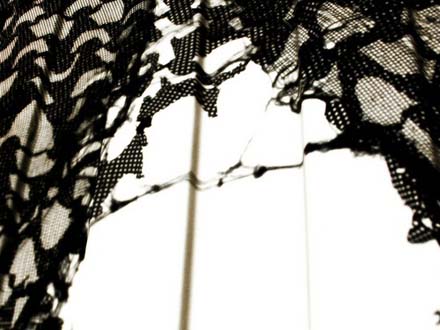Our blacklist has failed us: Thai minister

A senior minister in Thailand's ICT authority, which oversees internet censorship in the country, said that blacklisting has failed and should be dropped.

(Cammie Net Shadow image by Jayel Aheram, CC2.0)
Thongchai Sangsiri, director of computer forensics within Thailand's Ministry of Information and Communication Technology (MICT), told the Asia-Pacific Telecommunity cybersecurity forum in NSW today that its blacklists are verbose and have created onerous management problems for internet service providers.
"We would like [to] leave parents and teachers to decide what to filter … because [the current system] is too much to handle," Sangsiri said.
"The blacklists grow with many, many websites to become a burden on ISPs. Blacklisting doesn't work."
In light of the litany of technical problems involved with internet content filtering, such as limitations with content blocking and the technique being vulnerable to circumvention, Sangsiri said that the Labor Government may just be fostering public support with its now stale plans to impose mandatory blacklist filtering.
"The majority of the public will think the government is doing something; for public image it is good," Sangsiri told ZDNet Australia.
The Thailand Government uses URL blacklisting and gateway filtering, and has come under fire from activist groups for alleged oppressive use of the technology.
But Sangsiri maintained that websites listed on the government-run blacklist are only blocked through a court order; however, there are allegations that providers that refuse to comply with non-court-ordered blocking face substantial penalties.
Internet content filtering has also drawn the ire of activists in New Zealand after the voluntary scheme came into force earlier this year.
Martin Cocker, director of New Zealand children advocacy organisation NetSafe, told ZDNet Australia that he opposes content filtering on the grounds that it cannot prevent access to banned materials, but acknowledged that it has value as a deterrent.
New Zealand's content filtering plan, unlike Australia's, blocks only child abuse and exploitation materials.
Telecom NZ is spearheading a trial of the scheme.